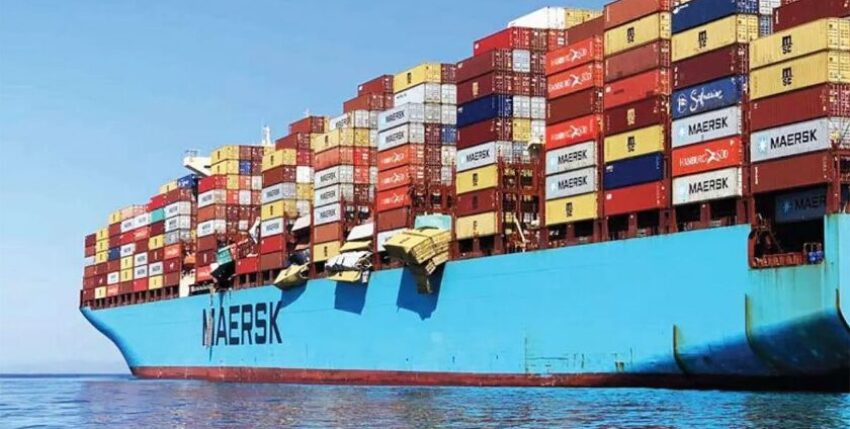The amendments to the International Convention for the Safety of Life at Sea (SOLAS) adopted in May 2024 provide for mandatory reporting of all containers lost at sea. It is due to come into force on 1 January 2026 and will improve maritime safety and environmental protection.
For the first time, clear provisions are laid down, both for the ship's command and for the speed of reporting. Certain details must be reported to ships in the vicinity, to the nearest coastal state and to the flag state. As soon as additional information is available, the reports must be updated. In the case of observed drifting containers, the position and total number of containers sighted must be reported. The aim is to respond more quickly and minimise potential environmental hazards through rapid and detailed reporting in future.
The World Shipping Council (WSC), a liner shipping industry body with consultative status at the IMO, has been collecting information on the number of containers lost at sea since 2008. The data is regularly published in the "Containers Lost at Sea" report and submitted to the IMO.
The annual losses vary greatly and are mainly attributable to container shipping in the Pacific.
In November 2020, the "ONE Apus" (14,000 TEU) lost more than 1,800 containers, including more than 60 with dangerous goods, in a storm around 1,600 nautical miles (approx. 3,000 km) northwest of Hawaii. The "Maersk Essen" (13,000 TEU), which was also hit by a storm on its way from China to Los Angeles (USA) in 2021, lost around 750 containers. The average number of containers lost for the years 2020-2022 was 2,301 per year, a significant increase compared to the average of 779 containers lost per year in the previous three years (2017-2019).
Every single lost container is an incalculable risk, for shipping and for the environment.
kdk
Source: gCaptain







